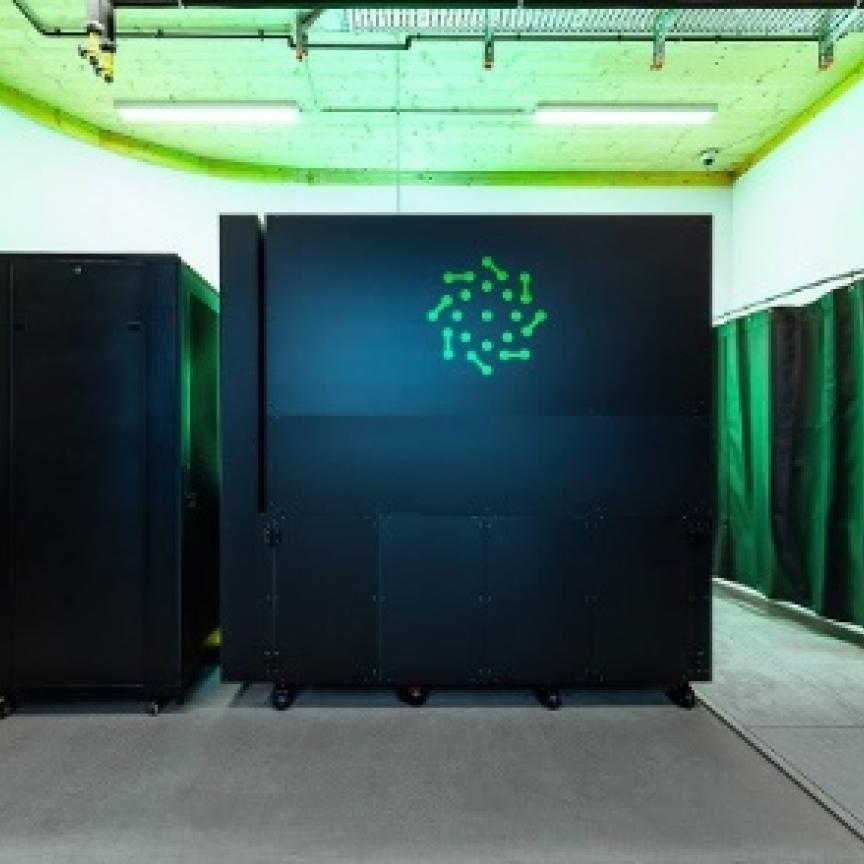Amazon Web Services chief evangelist Jeff Barr announced in a recent blog post that the company was adding Xilinx FPGAs to its Amazon Elastic Compute Cloud (Amazon EC2).
The addition of this new hardware will allow users to create accelerated FPGA applications, but AWS will also let users sell these applications on the AWS Marketplace.
‘We are giving you the ability to design your own logic, simulate and verify it using cloud-based tools, and then get it to market in a matter of days,’ said Barr.
The instance makes use of Xilinx’s 26nm UltraScale+ VU9P, which contains approximately 2.5 million logic elements and 6,800 Digital Signal Processing (DSP) engines. The FPGA is hosted using the Intel Broadwell E5 2686 v4 processors and can include up to 976 GiB of memory, up to 4 TB of NVMe SSD storage, and one to eight FPGAs.
‘In instances with more than one FPGA, dedicated PCIe fabric allows the FPGAs to share the same memory address space and to communicate with each other across a PCIe Fabric at up to 12 gigabytes per second in each direction,’ explained Barr.
The FPGAs within an instance share access to a 400 Gbps bidirectional ring for low-latency, high bandwidth communication but Barr stresses that you’ll need to define your own protocol to make use of this advanced feature.
As part of the F1 developer preview, AWS is also giving users access to developer tools as part of an FPGA developer AMI. The AMI can be launched on a memory-optimised or compute-optimised instance for development and simulation, and then use an F1 instance for final debugging and testing.
The AMI includes a set of developer tools such as Xilinx Vivado Design Suite that can be used in the AWS Cloud at no extra charge. However, this requires users to write FPGA code using VHDL or Verilog. However, it is possible to use third-party simulators, higher-level language compilers, graphical programming tools, and FPGA IP libraries.
The F1 instance is available today in North America and will be expanded to multiple regions when the instances become available in early 2017.

